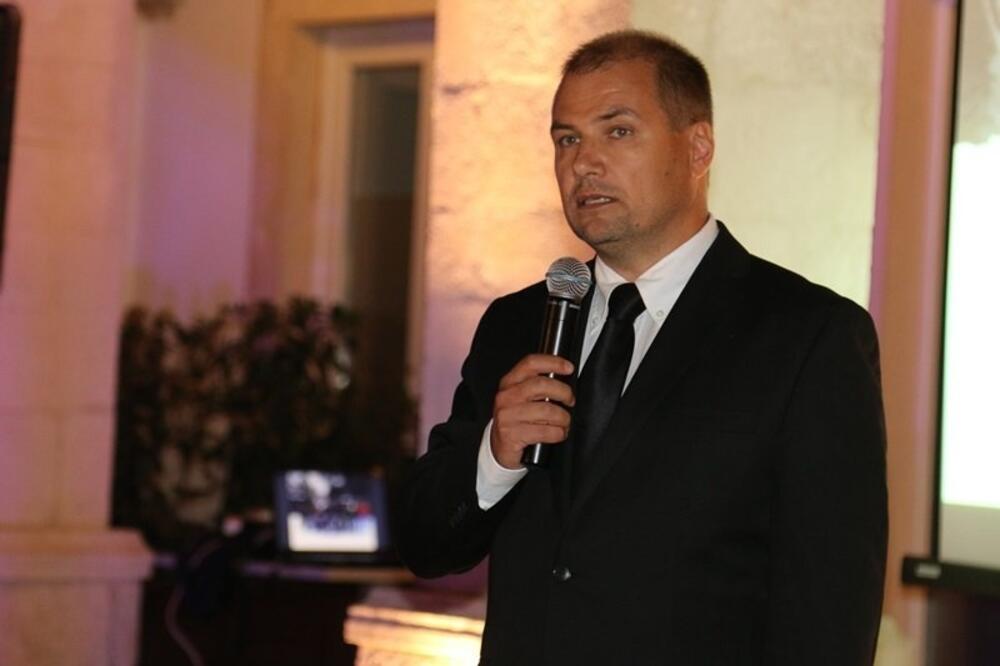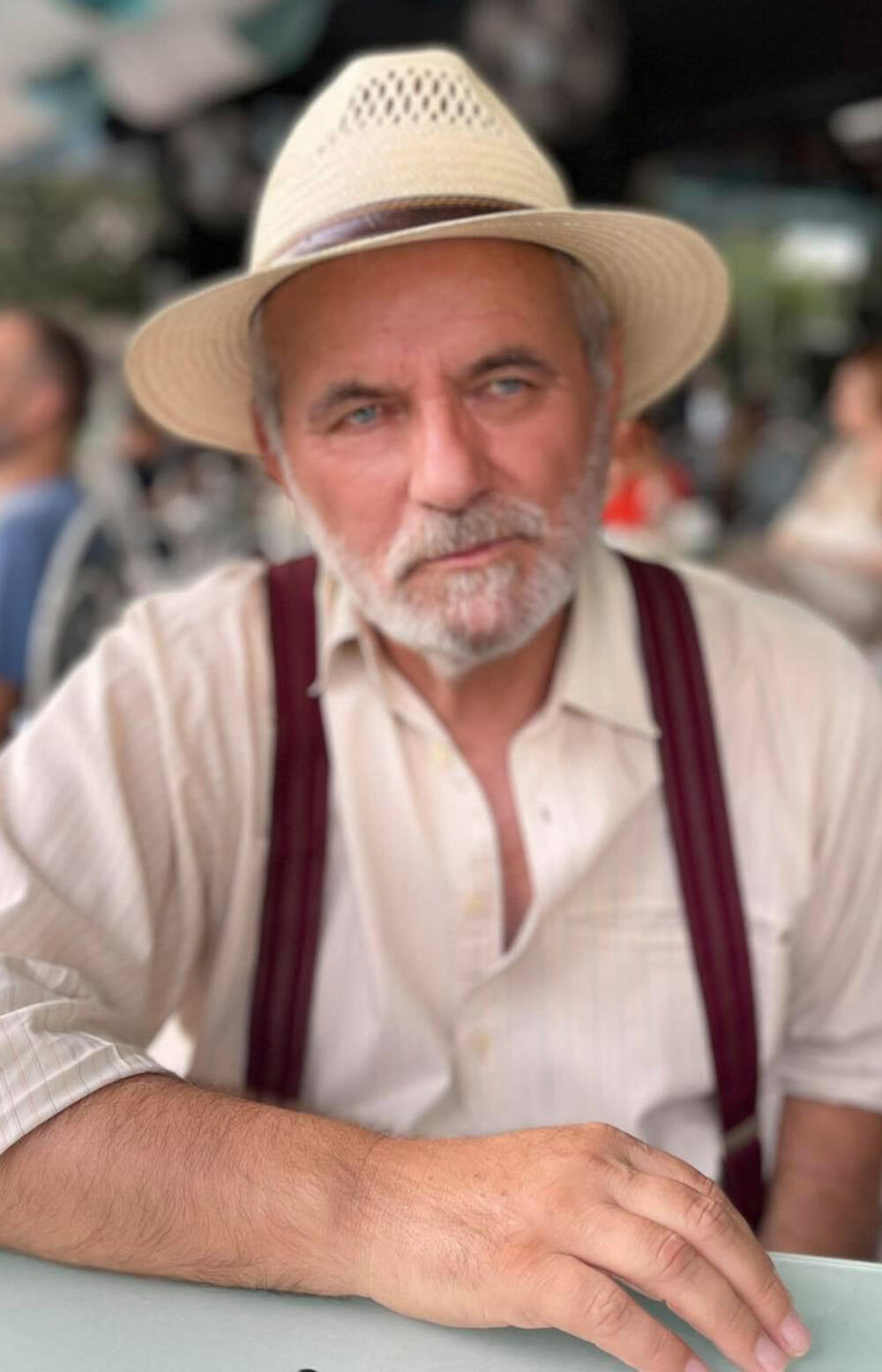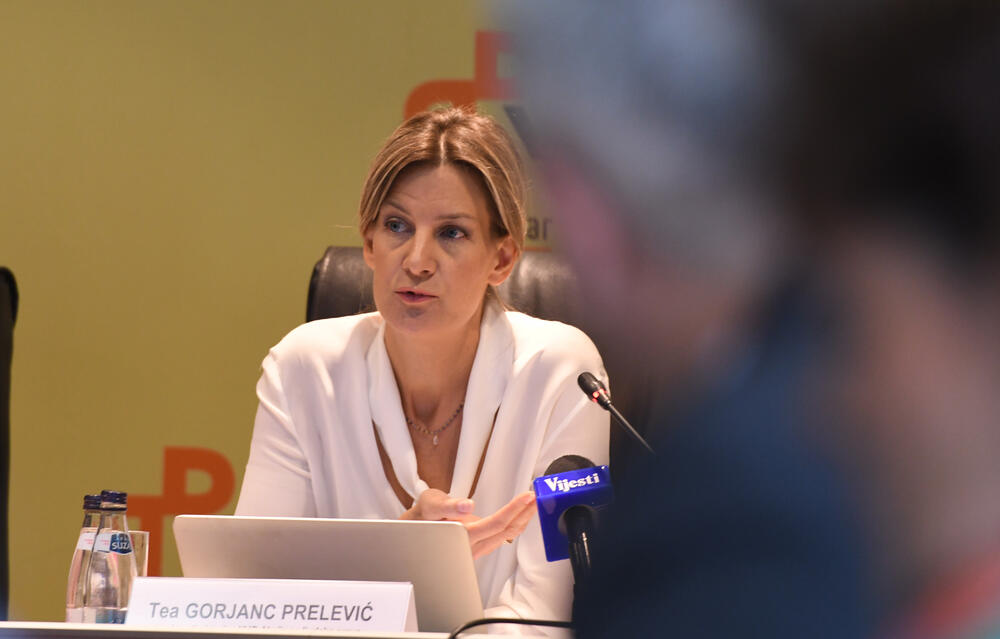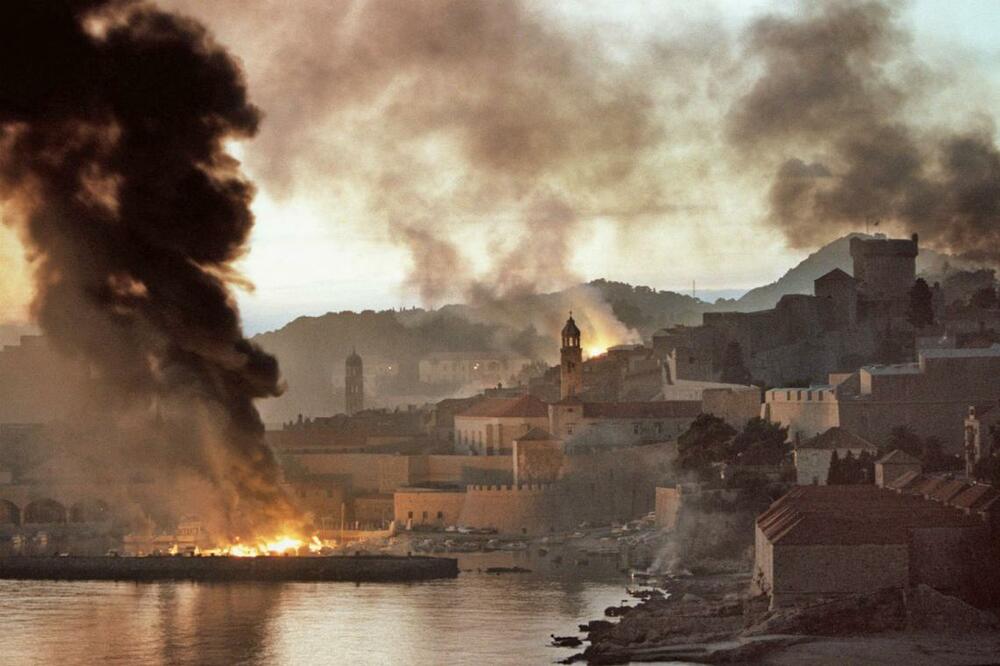The Montenegrin government actively participated in the attack on Dubrovnik in 1991, and therefore its attempt to present itself as a victim of the then Serbian president Slobodan Milosevic and to shift all the blame for the committed war crimes and the destruction of that city to the Yugoslav People's Army (JNA) - an obvious falsehood.
This was assessed by the interlocutors of "Vijesti", commenting on the 30th anniversary of the aggression of the JNA and Montenegrin reservists on Dubrovnik, which caused great human casualties and material destruction.
Croatian journalist Jadran Kapor believes that the then Montenegrin government undoubtedly actively participated in the attack that began on October 1, 1991.
"I had the honor to speak with the deceased Nikola Samardzic, Hague witness, former Minister of Foreign Affairs of Montenegro. From his testimony - but of course also from the fact that I was in Dubrovnik during the war, and after that I spent a long time in Montenegro - I am definitely sure that the Montenegrin government is body and soul, that is, by its statements and decisions on the mobilization of the militia and territorial defense , participated in the attack on Dubrovnik. It is not true that they had no influence and that they were just contractors," he told "Vijesta".

Editor-in-chief of the weekly Monitor, Esad Kocan, said that in the former Montenegrin government - which was led by the Democratic Party of Socialists (DPS) and which governed the country when Dubrovnik was attacked - there is a false, feigned expression of regret for the aggression, and an attempt to put all the blame for it on the army, which is, according to him, a notorious untruth.

"Montenegro is later - a Milo Djukanovic developed that story - took the position of the so-called Milosevic's victims. Unfortunately, many anti-war activists at the time ran away from themselves and helped Djukanović a lot to tell that story, which is not true. That is why today, unlike in 1991, there is a smaller number of those who will publicly testify to what happened in Dubrovnik. At that time, we had an extraordinary opposition led by the Liberal Alliance of Montenegro (LSCG), we had Monitor... These were not such small forces. "They were brave and willing to testify with the biggest victims about what happened", he pointed out for "Vijesti".
Liberals and SDP demanded an end to the aggression
Part of the domestic public - gathered primarily around the LSCG and the Social Democratic Party - demanded an end to the aggression, accusing Milošević and the authorities in Montenegro of it.
At the time of the attack on Dubrovnik, the Montenegrin Prime Minister was Đukanović, while the post of President was held by the deceased Momir Bulatović. Both were then in a single DPS.
Although he said in 1991 that he hated chess because of the Croatian chessboard and that the "imposed war" would be won, in 2000 Đukanović apologized to the citizens of Croatia for the participation of people from Montenegro in the attack on Dubrovnik.
Kapor states that 92 civilians and 184 Dubrovnik defenders were killed in the Dubrovnik area, and that over 1.500 people were wounded.
"Another 235 Croatian soldiers died in the operation to liberate that area. In the area from Ston to Konavalo, Serbian-Montenegrin forces burned 2.127 houses, as well as the protected, nearly five-hundred-year-old Arboretum in Trsteni. 7.771 inhabitants of the Dubrovnik area were left homeless, and what was not burned and destroyed was looted. "423 people were detained in the camps in Bileća and Morinje, and more than 33.000 people were expelled from their homes," he points out.
Emphasizing that the statements of Montenegrin politicians from the time of the attack on Dubrovnik were recorded "in black and white", Kapor recalls the statement made by the former leader of the People's Party Novak Kilibarda said at the founding meeting of the Dubrovnik committee of the Serbian Democratic Party, in the town of Ivanica, when he announced that he would make Dubrovnik "Nikšić na moru".
"He didn't have a formal political office then, but he got it later when he made an opportunistic turn in his rhetoric. It is clear to me that the former government is reluctant to talk about its responsibility and tries to relativize its role in all this, but that is simply not possible. Yes, President Đukanović, but also many politicians who later ended up in the opposition for one reason or another, were the personification of such politics. But I was less than two meters away when Đukanović, in his own name and in the name of the citizens of Montenegro, expressed his regret to the citizens of Croatia - especially Dubrovnik - for all the pain and suffering caused to them during the war", he notes.
According to Esad Kočan, the attack on Dubrovnik was a sign of a deep moral crisis and a deep moral failure of Montenegrin society.
"The obvious bad - that is, no - excuse for the attack on Konavle and Dubrovnik was an illustration of that crisis, but also an indication that Montenegro will not easily face this crime. Society has the hardest time dealing with crime when the guilt is unequivocal. The propaganda of the government at that time was smoke and lies... If Montenegro had been able to face the truth at that time, it would not have attacked Croatia," he says.
At the same time, they also looted Montenegro
Kočan states that the political and military peak - led by Đukanović, Bulatović and Svetozar Marović - in parallel with Dubrovnik, it also plundered Montenegro. They, he says, were establishing a system of complete domination over the state.
"For those who were sent to fight, burn and loot Dubrovnik and Konavle, the government robbed everything at home. The war was a smoke screen for the establishment of a new regime. Unfortunately, Montenegro did not even seriously try to face the attack on Dubrovnik. Not only is there no prosecution of the war crimes committed at that time, but there is no awareness of it," the interlocutor underlines.
Action for Human Rights (HRA) reminds that the Hague Tribunal convicted only two people for the shelling of Dubrovnik - a general-colonel of the JNA from Montenegro Pavle Strugar to seven and a half years in prison, and an admiral Miodrag Jokić from Serbia, who pleaded guilty, also to seven years.
According to them, a retired admiral was also accused before the Tribunal Milan Zec, but was acquitted in 2002 after the Prosecutor's Office withdrew the indictment after an additional investigation which determined that there was insufficient evidence for the crimes he was accused of.
Also, they add from the HRA, the accused captain of the XNUMXst class of the JNA Vladimir Kovačević Rambo, in 2004, by the decision of the Hague Court, he was temporarily released due to treatment, while subsequently the indictment against him was dismissed before the Special Court in Belgrade in 2007, because he could not attend the trial due to his health condition.
HRA Executive Director Tea Gorjanc Prelevic says that to date no criminal proceedings have been initiated in Montenegro for war crimes committed during the siege of Dubrovnik and the conquest of the area from the border with Montenegro to the city (from October 1, 1991 to the end of June 1992), although, according to her, it is known that crimes were committed against the civilian population and that both private and public property was destroyed without a military need to justify it.

She states that there are no indicators that the State Prosecutor's Office of Montenegro has ever specifically and on its own initiative investigated crimes on the Dubrovnik battlefield, even though their EU expert Mauricio Salustro expressly recommended that they do so back in 2014, and although the former Supreme State Prosecutor (VDT) Ivica Stankovic planned to do so with the 2015 War Crimes Prosecution Strategy.
"So, recommendations were received and plans were made, but without a sincere intention to do anything. And so a full six years since the adoption of that strategy. Admittedly, this was expected considering that he is the chief special prosecutor Milivoje Katnic was the manager of the conquered Croatian territory", points out Gorjanc Prelevic.
When it comes to the Morinj case, the director of the HRA says that the prosecution of crimes against prisoners, prisoners of war and civilians who were brought from the Dubrovnik-Herzegovina front to the JNA camp in Morinj was solely at the initiative of the State Attorney's Office of the Republic of Croatia (DORH), which In 2007, submitted evidence against ten Montenegrin citizens to the VDT.
"The investigation was then carried out in Montenegro in relation to the six, and in the end, only four were sentenced to sentences below the legal minimum, in the range of two to four years - one reserve officer for administrative and quartermaster duties, one military policeman, a cook and guard. And they were convicted only for war crimes against prisoners of war, not against civilians, due to the error of the state prosecutor", underlines Gorjanc Prelevic.
There were no judgments, only consensus
Jadran Kapor assesses that it is bad that the consensus that exists in Montenegro that the attempt to conquer Dubrovnik was a wrong decision, did not send verdicts to those who committed crimes in the war - not only in the area of Dubrovnik, but also in the area of Montenegro.
"It is bad that General Strugar and Admiral Jokić would not have been convicted if the Hague Tribunal had not done it. This is a completely unnecessary burden that Montenegro bears as a state, and it is not the citizens' fault that their system does not function well enough. I am sure that the majority of citizens would have nothing against those who committed crimes in the war seeing the face of justice. If no one was already held accountable for crimes committed on the other side of the border, why was no one held accountable for crimes on the territory of Montenegro? At the same time, I am thinking equally of the Morinj camp and the crime in Štrpci, for which only one person was found guilty Nebojsa Ranisavljević from Despotovac," he says.
Esad Kočan also believes that more had to be done to "deal with the past".
One of the reasons that this did not happen, he says, is that most of Djukanović's former opposition - which is now in power - remained trapped in 1991.
"Some of them today defend Đukanović's positions from 1991 better than he himself. There is also the Church, which now plays an important social role and which has never renounced its own influence in creating the atmosphere of war and propaganda, and supporting Milošević's concept of creating a 'Greater Serbia'. So we have almost all the actors on the Montenegrin political and social scene who led Montenegro into decline, and who today are rich, and who constitute the political and business class. Dubrovnik has rebuilt itself, but we haven't. We have remained morally unrenewed and we are failing...", concludes Kočan.
Bonus video:




